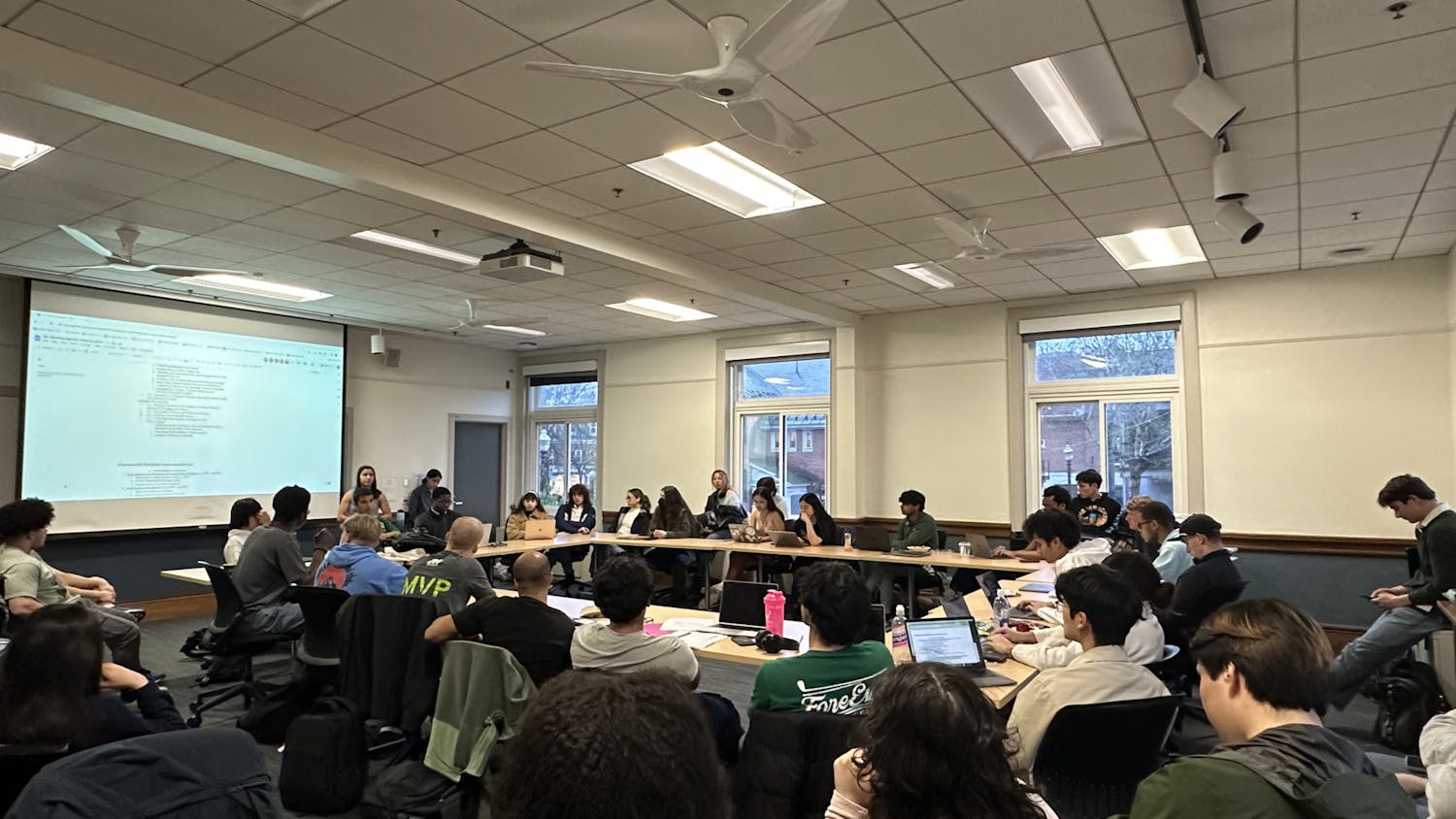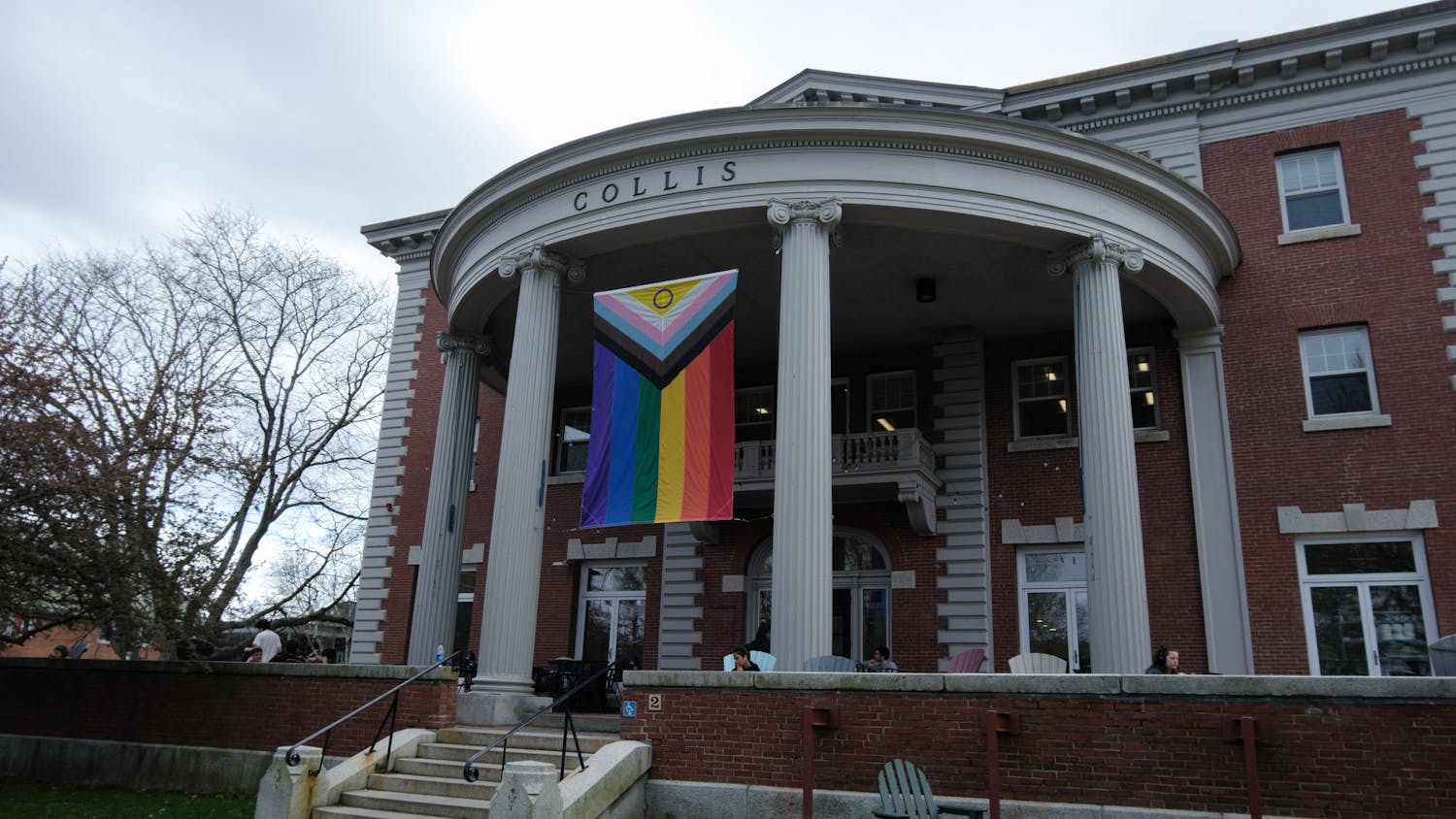Chinese activist Chen Guancheng announced that he would join the Witherspoon Institute research center in Princeton, N.J., as a three-year fellow on Wednesday, The New York Times reported. Chen made headlines last year when he escaped from house arrest and sought refuge in Beijing's U.S. Embassy after protesting against the Chinese government's family-planning policies in the province of Shandong. New York University law professor Jerome Cohen said the institute's conservative stances on abortion and same-sex marriage might make Chen a less effective human rights advocate. Chen maintained that the institute valued his passion for democracy and free speech, while Witherspoon's president Luis Tellez said the institute does not expect Chen to "represent our issues," just "to do the important work he does."
Colleges and universities are facing an increasing number of cyber security threats, Inside Higher Ed reported. According to computer security company Symantec, the number of total targeted attacks in 2012 rose by an estimated 42 percent compared to the previous year. Peter Murray, vice president and chief information officer for the University of Maryland at Baltimore, said the university receives an average of 12 to 15 million attacks on a daily basis. Universities often resort to safeguards such as filters and firewalls to prevent student information from being compromised. Despite university measures, students are still vulnerable to phishing scams, in which spammers link potential victims to websites resembling the official websites of banks and other institutions and ask them to enter their username and password.
The University of Southern Maine is one of many schools threatening to eliminate its physics department in the face of budgetary restrictions and low enrollment, Inside Higher Ed reported. According to an "action plan" announced last month, the university encouraged its physics department to stop admitting new majors and to reorganize itself into a different science-based discipline by the end of the academic year. In the past, the university eliminated the Russian and German departments, which did not graduate more than five majors in a given year. Other states have taken similar measures, such as the state of Texas, which closed seven out of its 24 public undergraduate physics programs, including two at historically black institutions. According to the American Physical Society, underrepresented minorities only receive approximately 10 percent of bachelor's degrees awarded in physics. Education officials believe that such closures, even at smaller institutions, will have long-reaching implications, as upwards of one million STEM majors will be in demand over the next 10 years.



